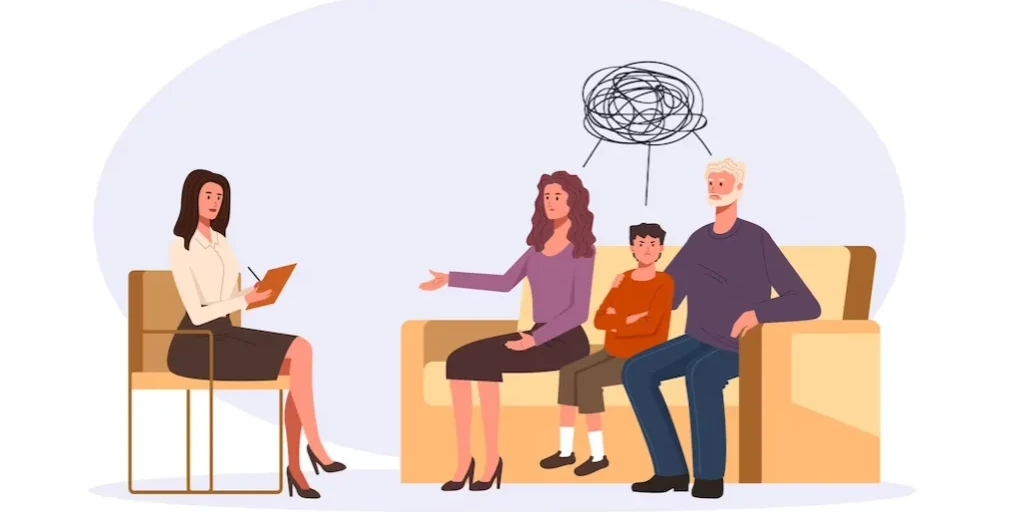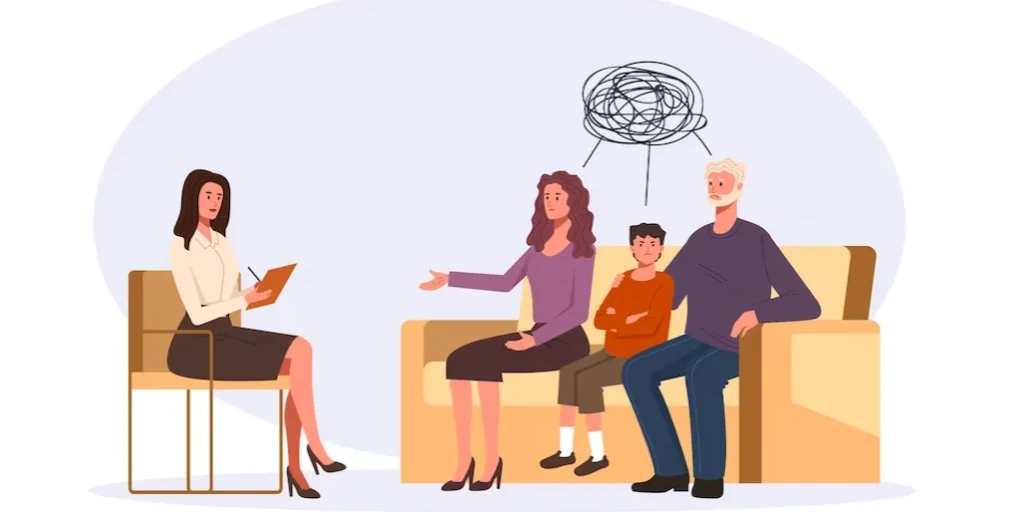24/7 Helpline:
(866) 899-221924/7 Helpline:
(866) 899-2219
Learn more about Ecstasy Rehab centers in Chestertown
Ecstasy Rehab in Other Cities

Other Insurance Options

EmblemHealth

Regence

Oxford

Premera

Magellan Health

Sutter

AllWell

Ceridian

United Health Care

ComPsych

Private insurance

CareFirst

UnitedHealth Group

Choice Care Network

PHCS Network

MHNNet Behavioral Health

State Farm

Multiplan

WellPoint

Coventry Health Care

Kent County Behavioral Health – A. F. Whitsitt Center
Kent County Behavioral Health is an accredited dual diagnosis and addiction rehab center located in ...

For All Seasons
For All Seasons provides a full continuum of bilingual outpatient behavioral health services and off...

Eastern Shore Alano Club
Eastern Shore Alano Club is a non-profit rehab located in Chestertown, Maryland. Eastern Shore Alano...

Corsica River Mental Health Services – CRMHS Chestertown
Corsica River is a non-profit mental health and substance abuse clinic providing treatment to all mi...

CBH Chestertown: Kent County
CBH Chestertown: Kent County is a public rehab located in Chestertown, Maryland. CBH Chestertown: Ke...







































































































































